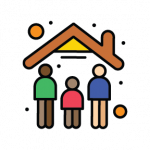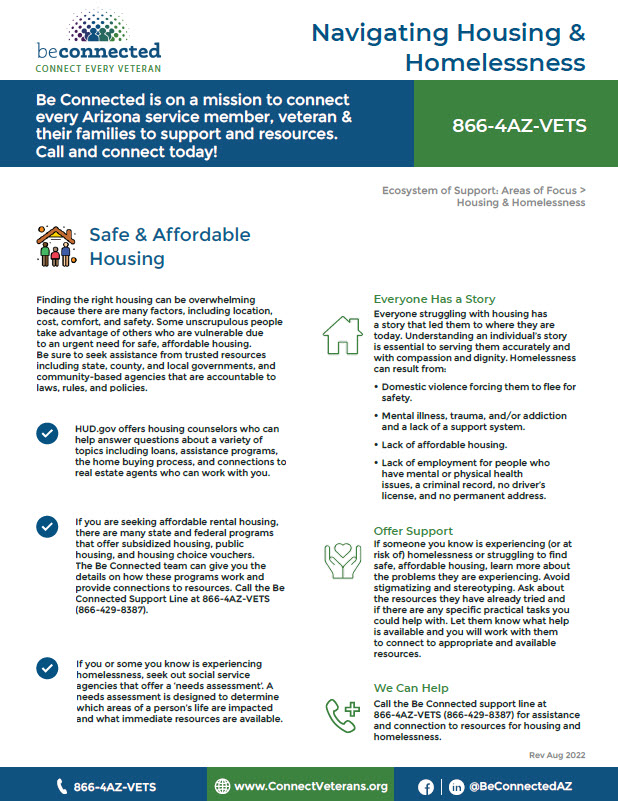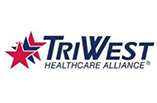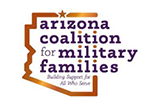Explore the 10 Areas of Focus within the The Be Connected Ecosystem of Support
Securing access to affordable, permanent housing to provide stability, security and promote ongoing health.

If someone is struggling with homelessness or shelter needs, they could seek assistance from social service agencies that offer a ‘needs assessment.’ A needs assessment is designed to determine which areas of a person’s life are impacted and what immediate resources are available. If someone is unsafe, please call 911 or the 24-hour domestic violence hotline 1-800-799-7233 for further assessment and assistance.
Call to Connect to Resources
Many state and federal programs offer subsidized housing, public housing, and housing choice vouchers for those seeking affordable rental housing.
HUD.gov has housing counselors who can help answer questions from loans, programs to the home buying process and real estate agents who can work with you on the next steps for those seeking affordable housing or first home buyers.
Get the details on how they work, who is eligible, and how to apply by calling Be Connected at 866-4AZ-VETS (866-429-8387). Our caring, skilled, and trained staff can perform a needs assessment and Connect Arizona service members, veterans and their families to information, support, and resources.
Housing and Homelessness FAQs
Many resources in the state of Arizona offer help, including community, government and military benefits. However, these systems can be complex and overwhelming to work through, especially when seeking a resolution to an immediate need. Be Connected uses a resource matching tool to help find the correct information and resources that best fit your situation. Please call 866-429-8387 for additional assistance.
The ten areas of focus include Basic Needs, Employment, Family & Social Supports, Finances & Benefits, Higher Education, Housing & Homelessness, Legal, Mental Health & Substance Abuse, Physical Health and Spirituality.
Click here to view the other 10 Areas of Focus Be Connected can help with!





